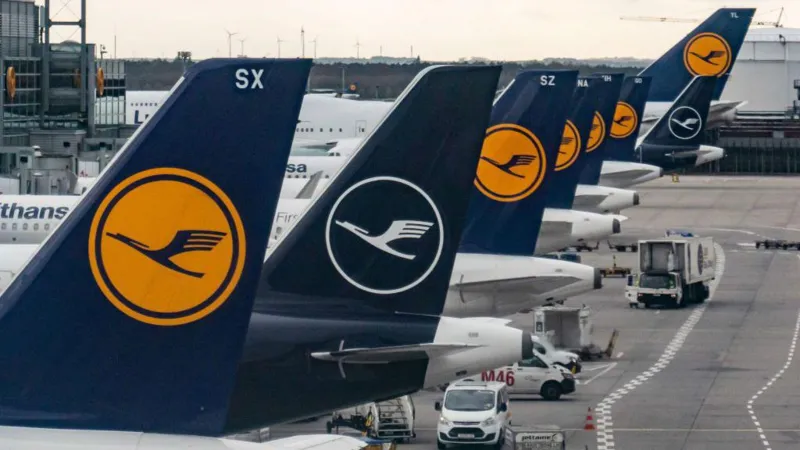Choosing the Best Gate for an Airplane is More Complicated Than You Think
Next time you’re rushing to catch your flight, remember the airline staff who ensure your gate is ready. Figuring out the best gate for each plane is actually a complex task.
According to Dr. Joseph Doetsch from Lufthansa Industry Solutions, with just 15 gates and 10 airplanes, there are over 570 billion ways to arrange them! Finding the right gate can help planes get off the ground faster, cut down on waiting time for passengers, and reduce fuel use, which is better for the environment.
Typically, gates are assigned when flight schedules are made, sometimes up to a year in advance. But they’re checked again closer to the flight, even on the day itself. There are many factors to consider, like which airline gets which gate, and where connecting passengers need to go. Some airlines want gates near their lounges, while budget airlines might pick cheaper, more distant options to save money.
Other details, like the plane’s arrival direction, its type, and staff availability, all play a role in choosing a gate. Delays can make this even trickier, as they often require last-minute changes that lead to longer wait times for passengers and can even cause flight cancellations.
Surprisingly, many airports still use simple methods to manage gate assignments. According to a survey by AeroCloud, 40% of airport executives reported that they rely on basic tools like Excel and Word for operations, including gate management.
However, some airlines are investing in better technology. For instance, American Airlines recently introduced a system called Smart Gating at Dallas Fort Worth International Airport.
This system uses machine learning—an aspect of artificial intelligence—to assign planes to the nearest open gate quickly. Previously, the gate assignment process took about four hours, but with the new system, it now takes just 10 minutes! This change has already cut taxi times by 20% and saved around 1.4 million gallons of jet fuel annually.
Lufthansa is exploring quantum computing to solve gate allocation issues. Quantum computing uses advanced techniques to tackle complicated problems much faster than regular computers can.
Dr. Doetsch believes these new methods can significantly improve gate assignment efficiency. In early trials, their solutions showed a potential 50% reduction in passenger transit times compared to real-world data.
As airport capacity continues to be a challenge, better gate management could help avoid the need for expanding airport facilities. According to AeroCloud’s George Richardson, airports must use their existing resources as effectively as possible to keep up with demand【BBC】.
https://www.bbc.com/news/articles/c80e54yjzdmo

